¿Tienes una cuenta?
Inicia sesión para finalizar tus compras con mayor rapidez.
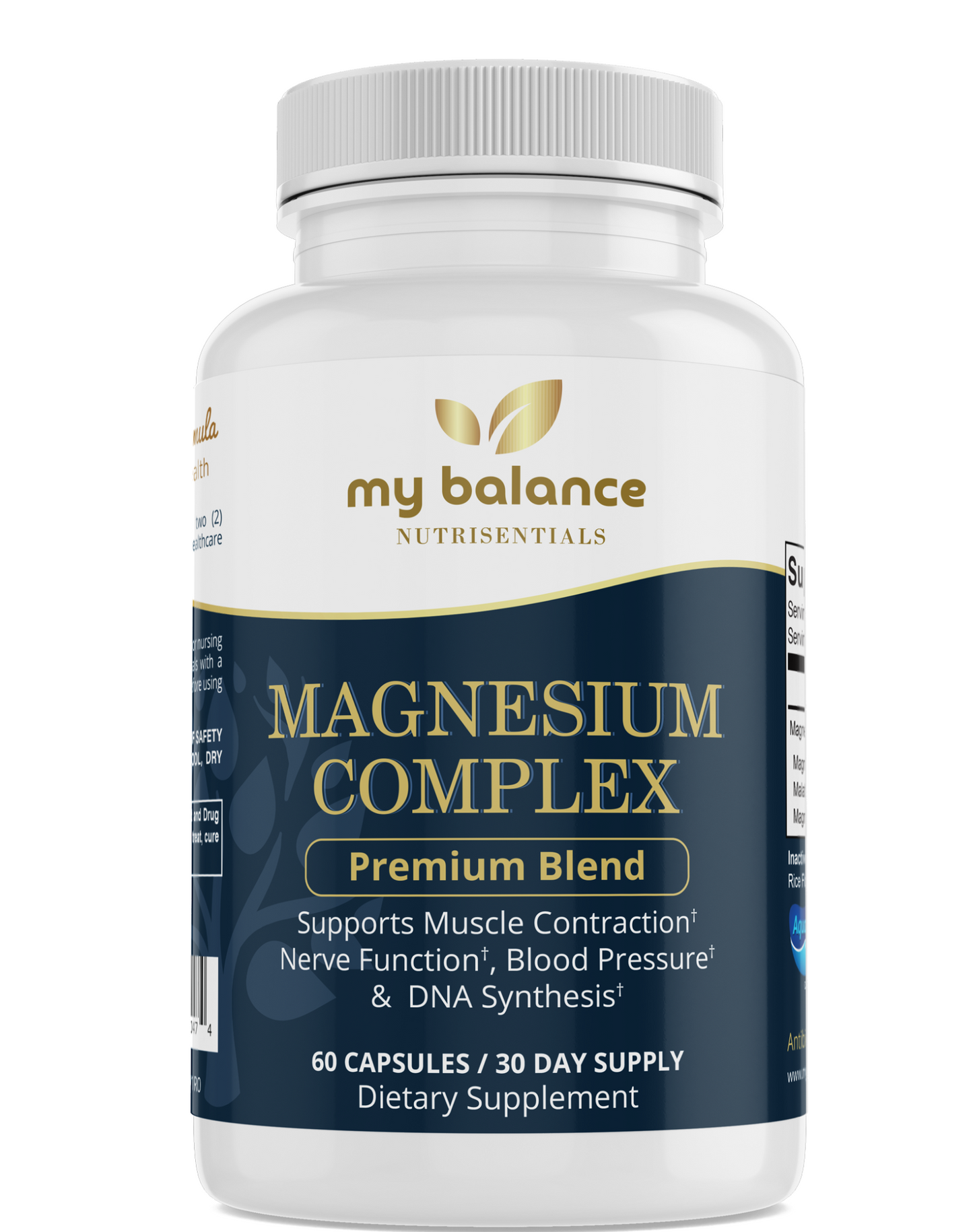
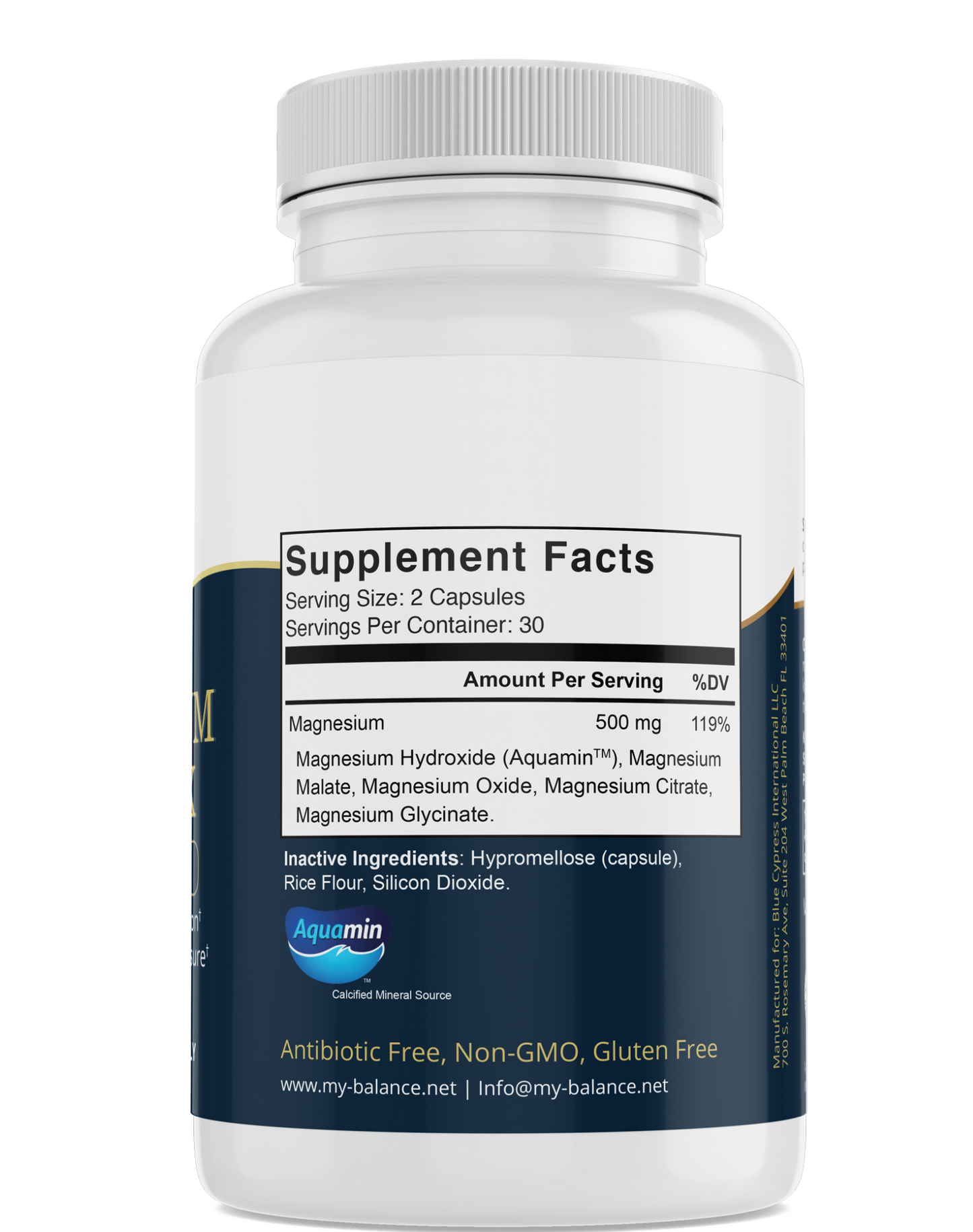
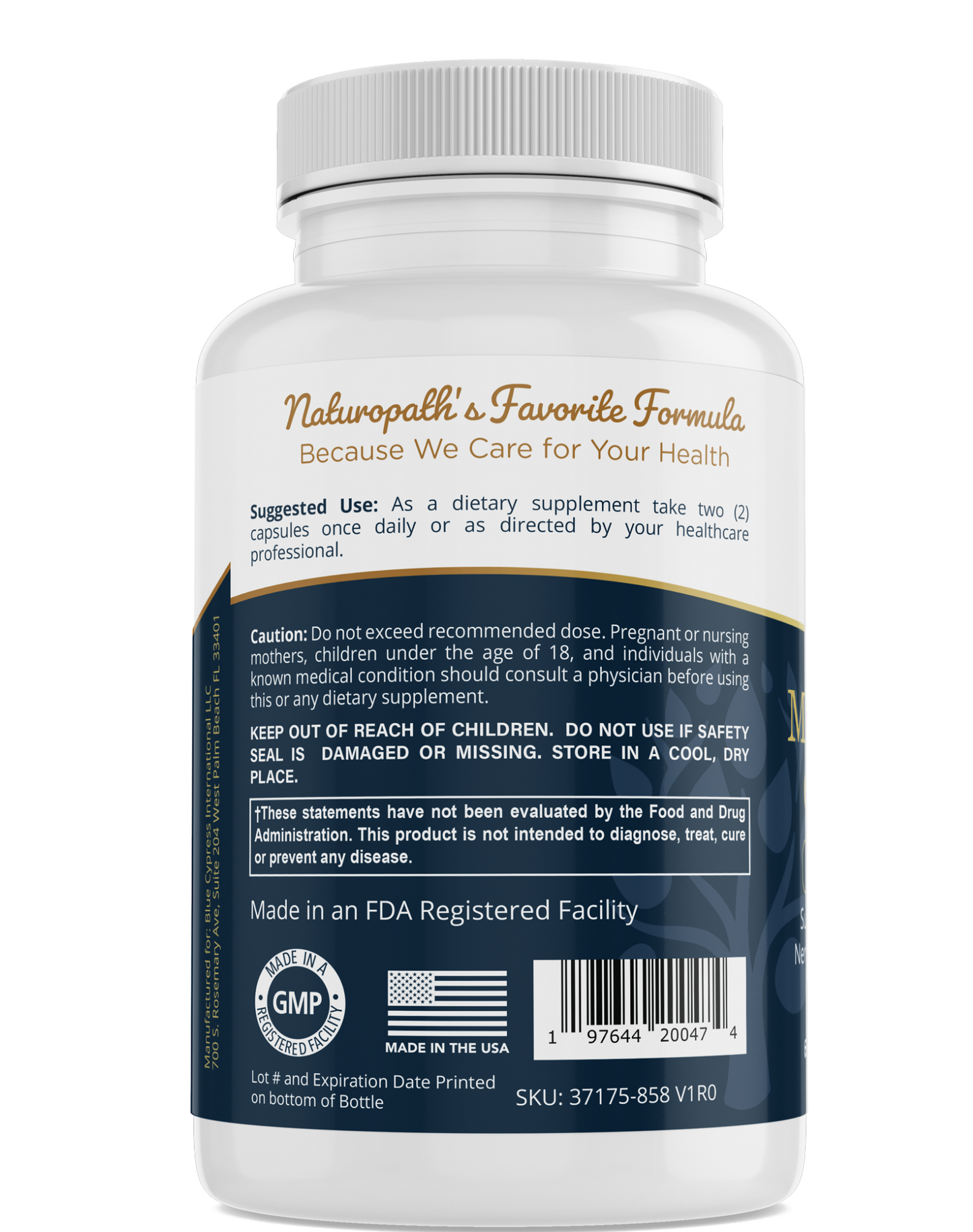
Did you know that many adults don’t get enough magnesium from their diet alone? This essential mineral plays a role in hundreds of bodily functions, yet it’s easy to fall short—especially with modern diets and busy lifestyles.
A lack of magnesium may contribute to occasional foggy thinking, tension, or feeling overwhelmed throughout the day.
When magnesium levels are low, it can be harder to unwind or get a full night’s rest.
Magnesium helps muscles relax, so low levels might be felt as occasional tightness or fatigue after activity.
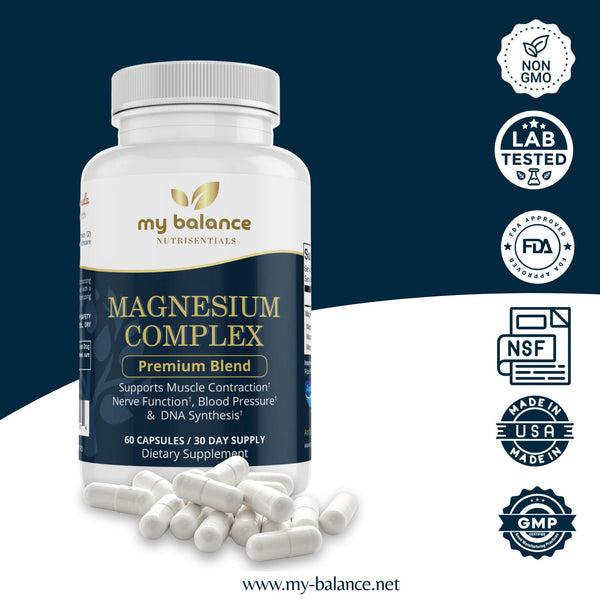
Magnesium Complex is a vital supplement designed to keep your body functioning at its best. By supporting muscle and nerve function, strengthening the immune system, and aiding in energy production, it provides the essential foundation for daily vitality and overall wellness.
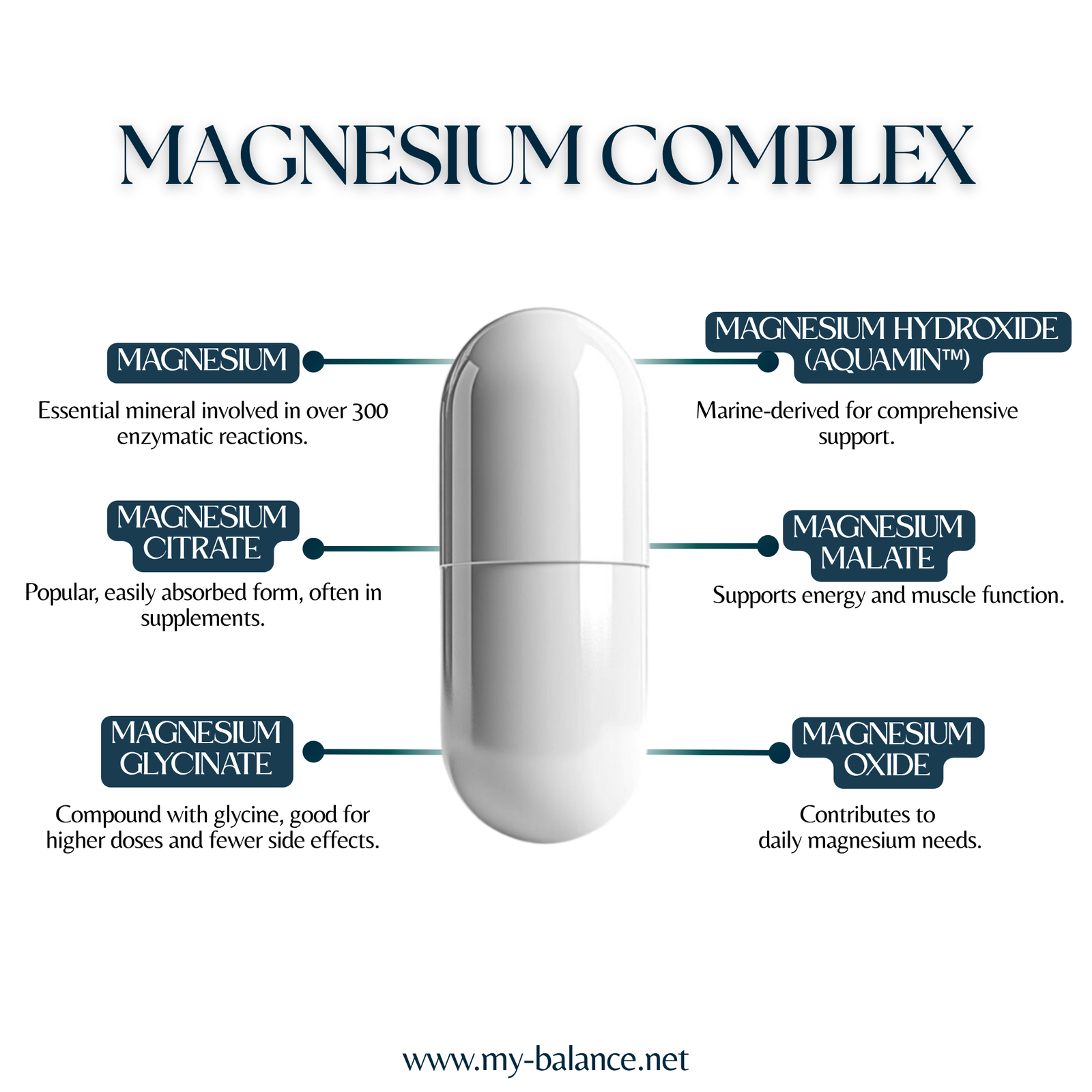
Here's What Users Have to Say
Magnesium plays a key role in turning food into fuel for your body.
Helps muscles stay comfortable after workouts or long days.
Supports the body’s natural stress response and cognitive clarity.
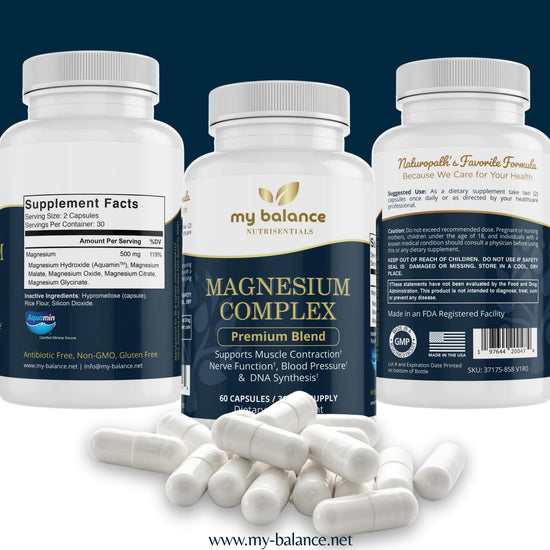
Works alongside other minerals like calcium for healthy structure.
Helps support a steady rhythm for unwinding and recharging.
Assists in maintaining the balance of key minerals like potassium and vitamin D.

We’ve gathered the most common questions about Magnesium Complex to help you get the clarity you need. From how it works to when to take it, here’s what you should know:
It includes five different forms of magnesium, each selected for their unique benefits and bioavailability, offering more complete support in one formula.
Yes, it’s made for consistent, daily use and manufactured in a GMP-certified, third-party tested facility for quality assurance.
Nope! It’s free from gluten, soy, dairy, and artificial additives. It’s also vegan and non-GMO.
Magnesium often pairs well with other daily supplements, but it’s always a good idea to check with your healthcare provider for personalized guidance.
Magnesium glycinate and malate are known for being gentle, and this formula was designed with digestion in mind.
Yes! This supplement is 100% vegan-friendly with no animal-derived ingredients.